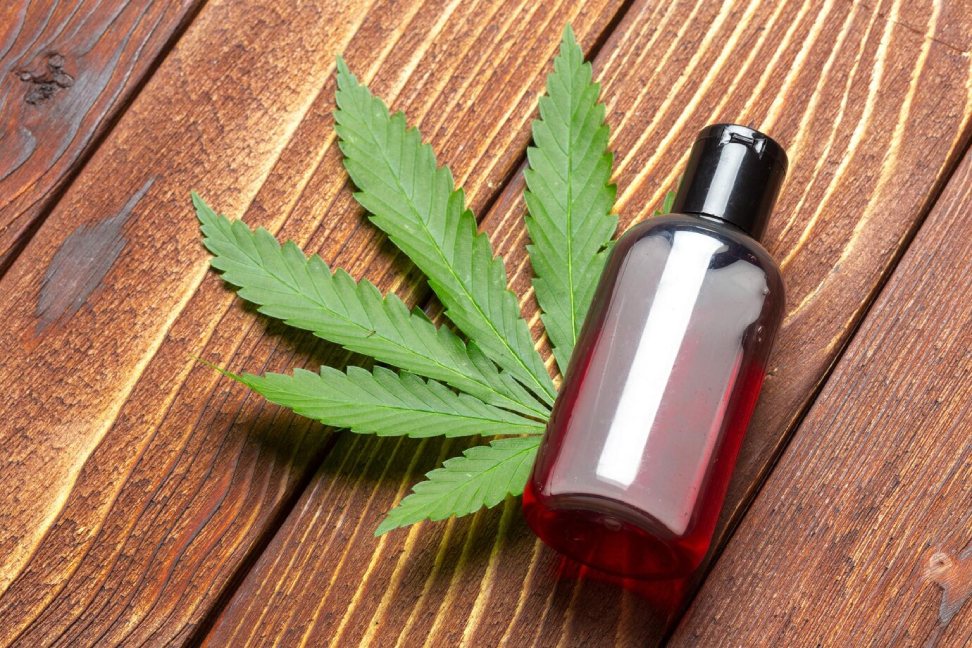CBD (cannabidiol) has garnered attention for its potential benefits in managing symptoms associated with cancer and its treatment. Some studies suggest that CBD may have anti-inflammatory and anti-anxiety properties, potentially aiding in pain relief, nausea reduction, and improved sleep, which are common issues for cancer patients.
Research indicates that CBD may interact with the endocannabinoid system, influencing various physiological processes, including those related to cancer. Additionally, CBD has shown promise in inhibiting the growth of certain cancer cells in laboratory settings, though more clinical studies are needed to establish its effectiveness in humans.
However, it’s crucial to note that while CBD may offer some relief, it is not a cure for cancer. Patients should always consult with their healthcare providers before incorporating CBD into their treatment plan, as it may interact with other medications or treatments.
As for side effects, CBD is generally considered safe, with mild side effects such as fatigue, diarrhea, and changes in appetite reported in some users. It’s essential to use CBD products from reputable sources, ensuring they meet quality and safety standards. Overall, more research is needed to fully understand the potential benefits and risks of using CBD in cancer care.
Have A Look :-
- What Is An Eighth Of Weed
- How To Smoke Resin? – Health Effects & Risks?
- What Are Dubs Of Weed And What Does Dubs Mean In Smoking


